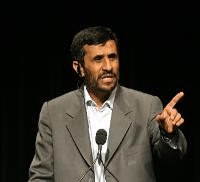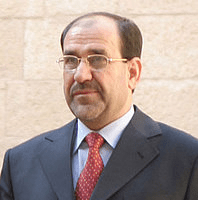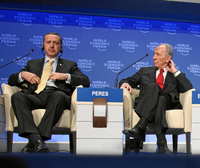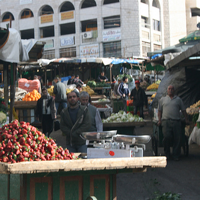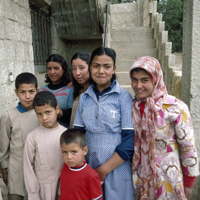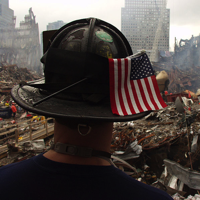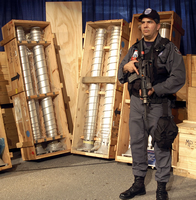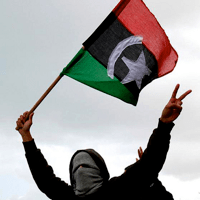
In the aftermath of the Libya operation, my Naval War College colleague Tom Nichols concluded bluntly, “Humanitarian interventions are here to stay and are going to be driven more by moral calculation and military opportunity than by ‘national interest.’” This, it seems, is the new American foreign policy consensus; despite the costly U.S. wars in Iraq and Afghanistan, the anti-interventionist coalition has lost the policy debate. The current fiscal crisis may trim back the scale and scope of future interventions, but will not eliminate them altogether from the U.S. policy toolbox. Even with its fiscal constraints, the United States will […]

